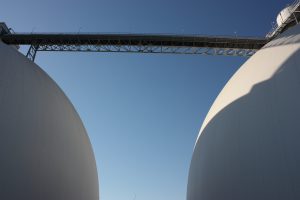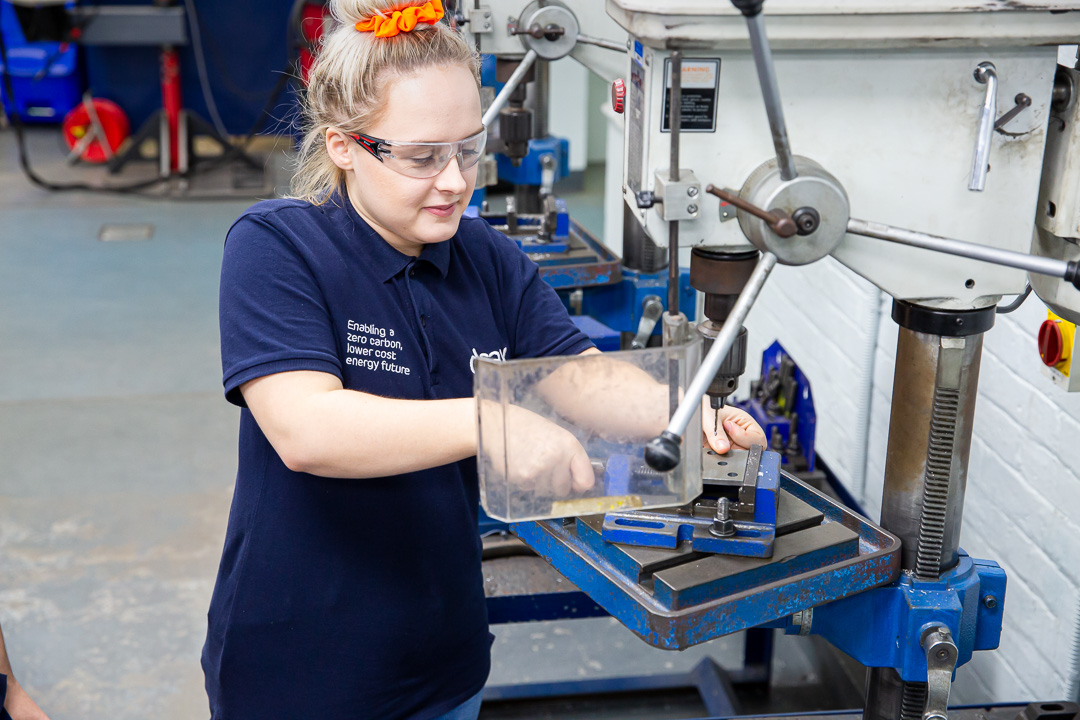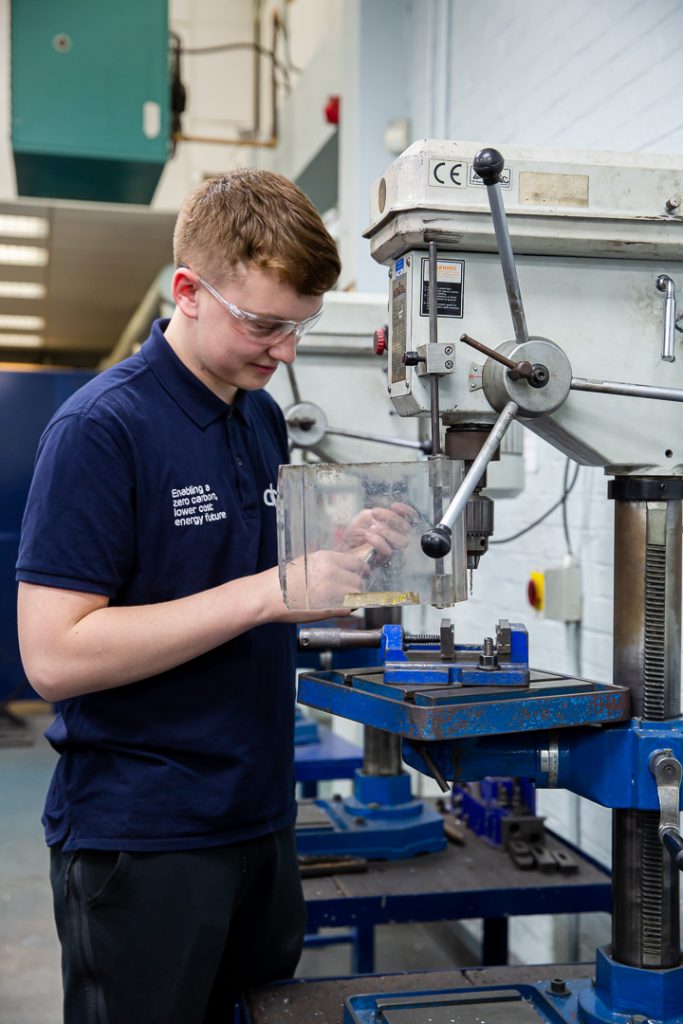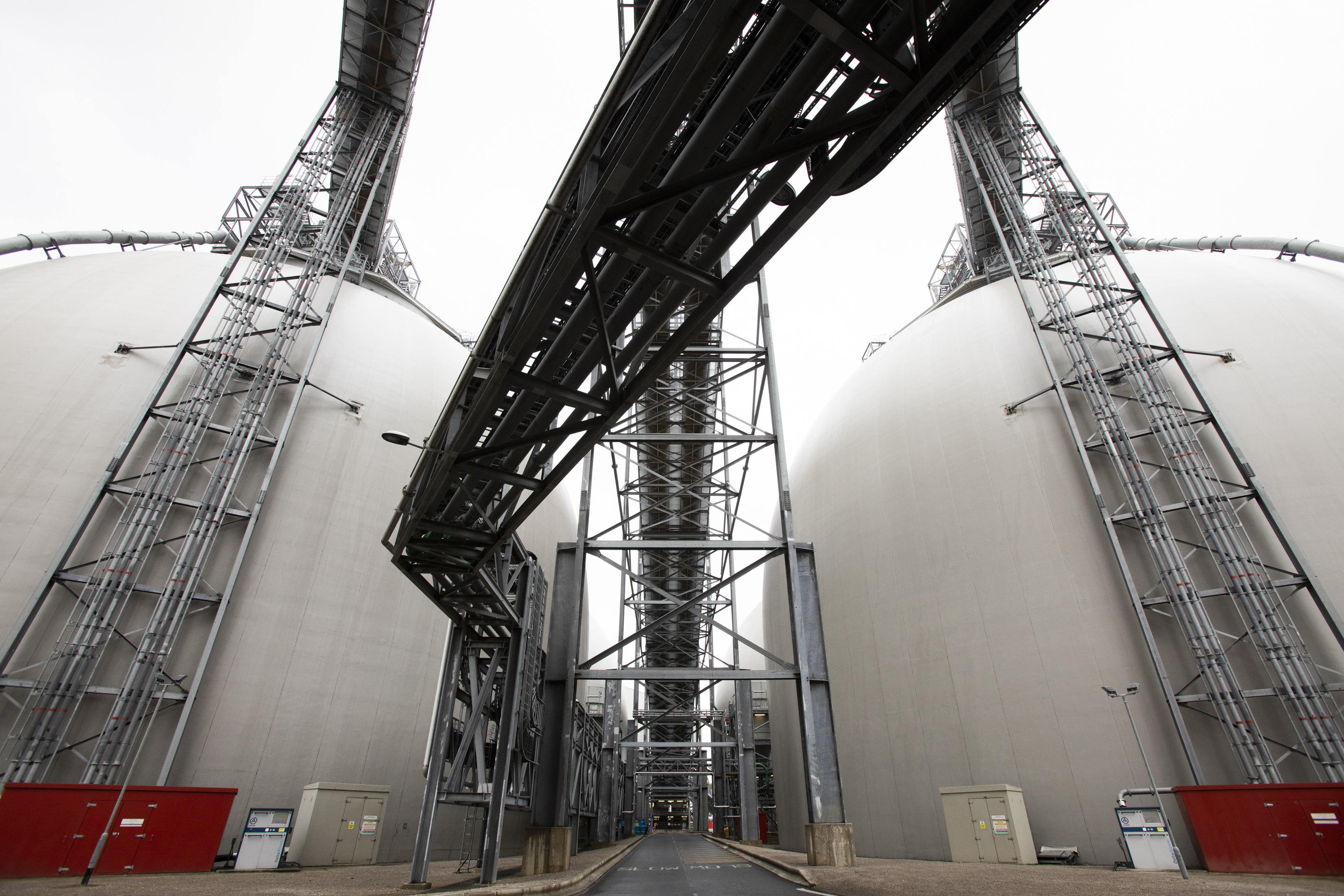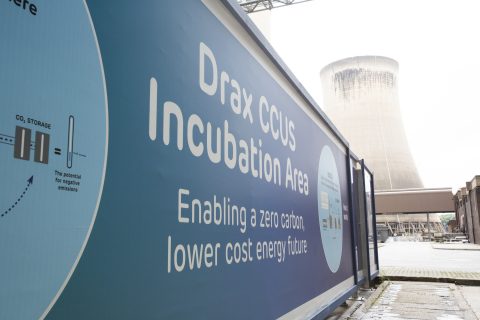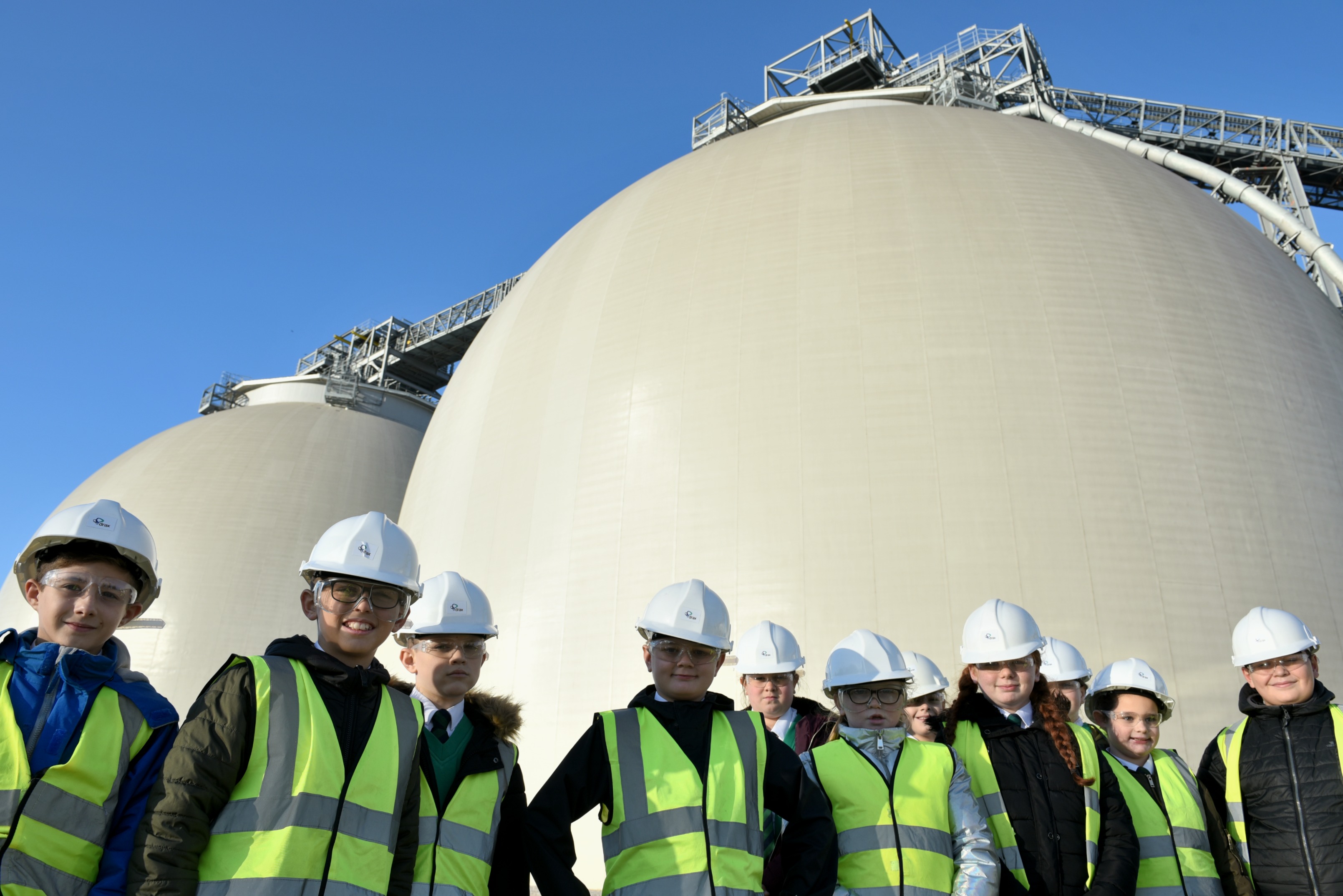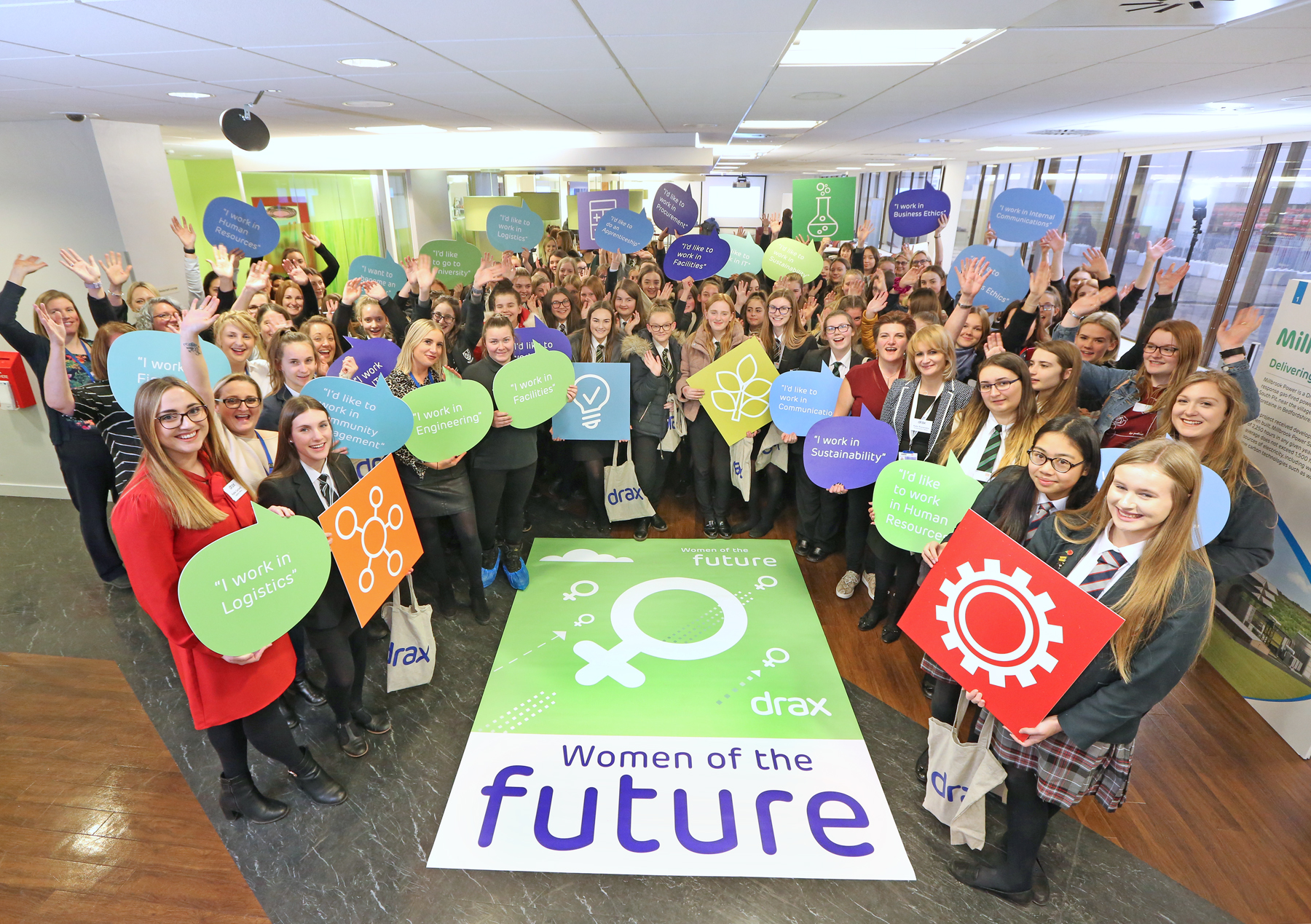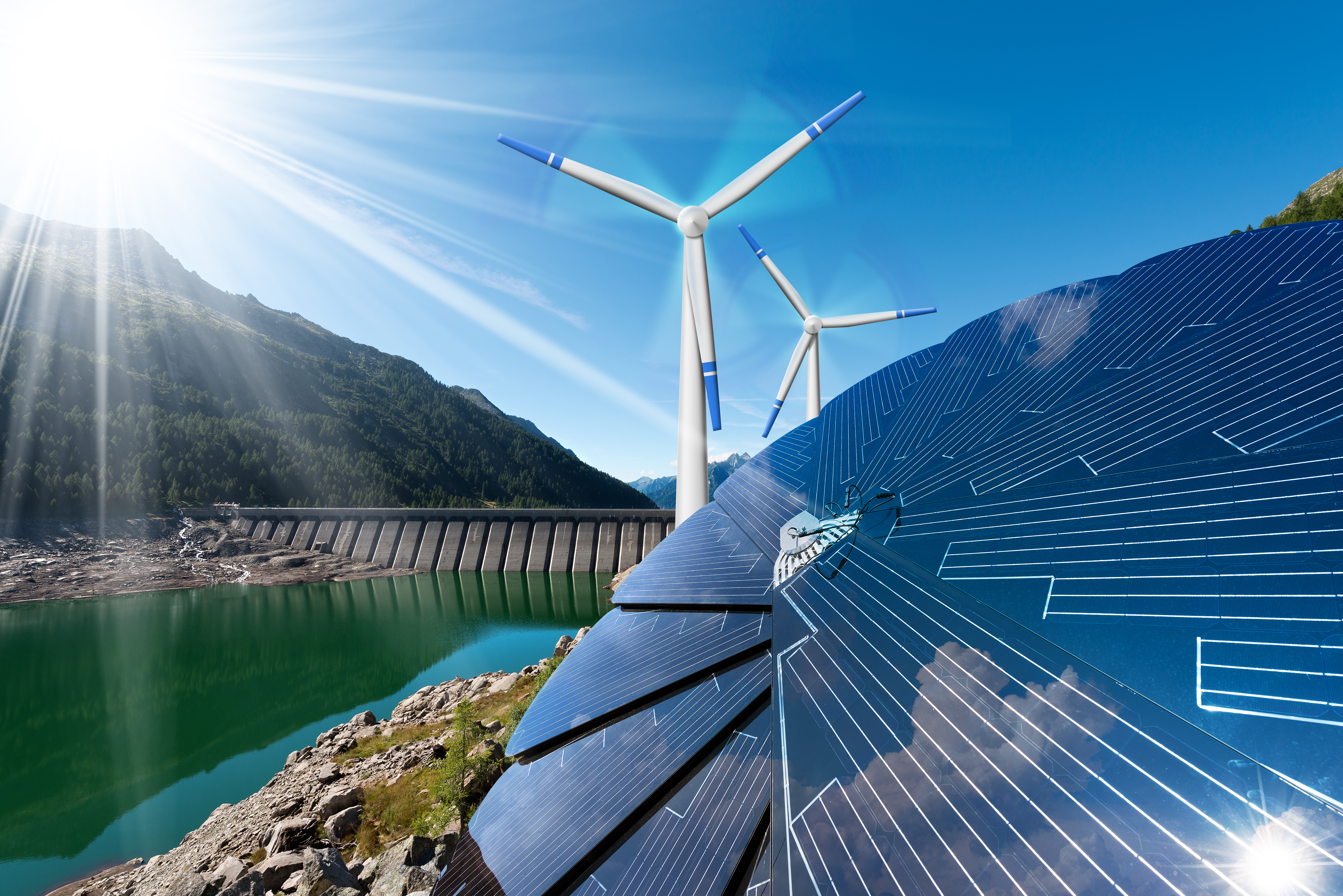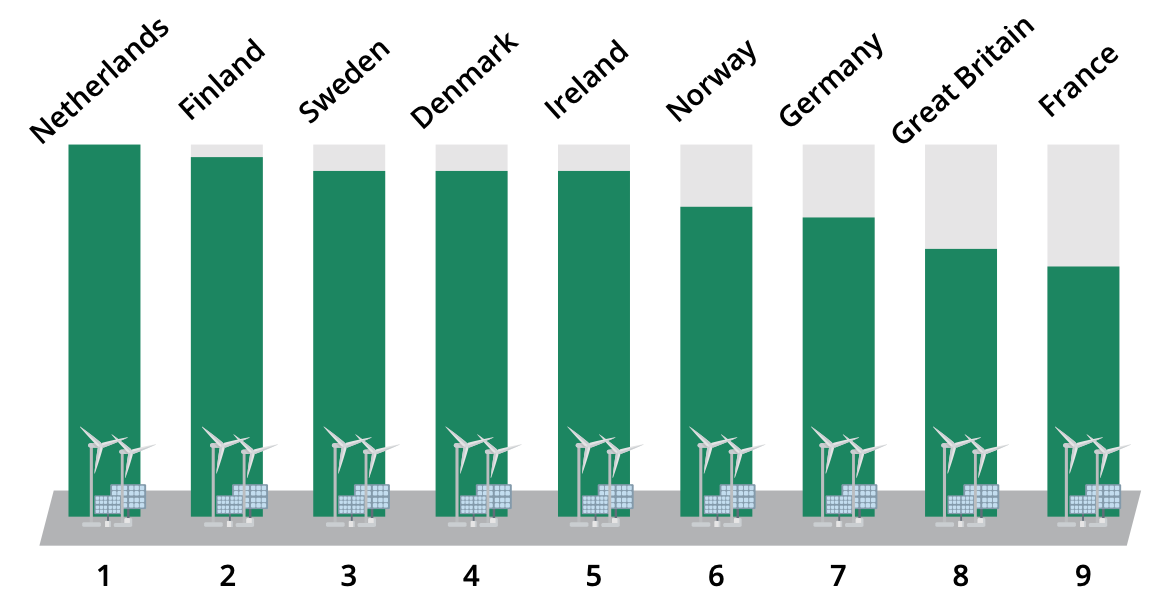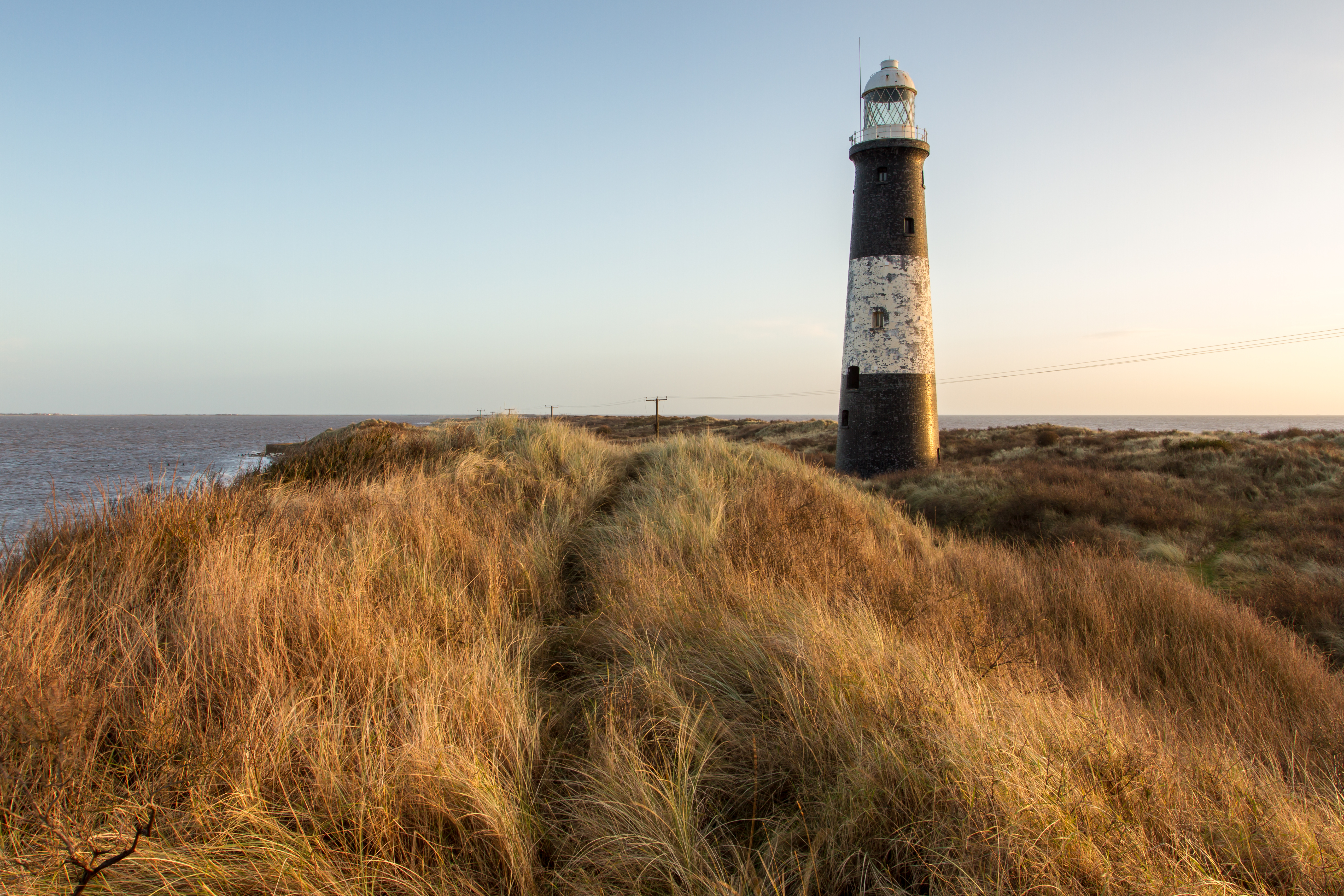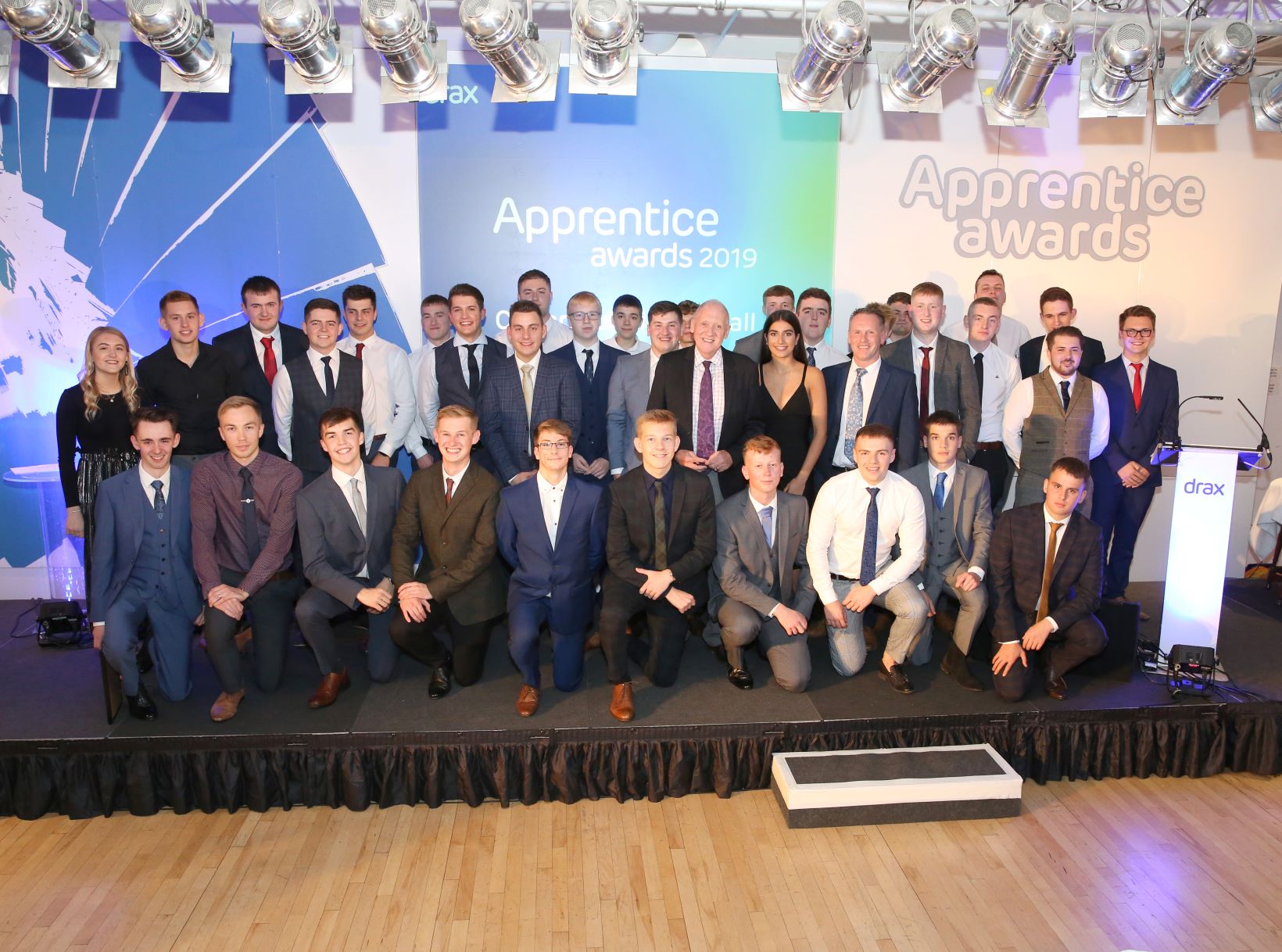
An apprentice from Dumfries is kick starting his career with Drax after the company extended its apprenticeship scheme to budding engineers across Scotland.
Drax is continuing its commitment to STEM (science, technology, engineering and maths) skills by offering apprenticeships at its Galloway hydro power scheme, Cruachan pumped storage hydro power station, in Argyll and Bute and the Daldowie energy from waste plant, near Glasgow.
Ryan Connelly, aged 19, from Dumfries, has joined Drax’s Glenlee Power Station, part of the Galloway hydro power scheme.
He said: “At school, I started a Foundation Apprenticeship where I would spend part of the week learning engineering. Now, I am an apprentice at Drax and spend every day working hands on. It’s a great opportunity and everyone I work with is really supportive. I’ve definitely found what I want to do as a career.”
Ryan will be working at Glenee Power Station once he has completed formal training at EKGTA College (East Kilbride Group Training Association) in East Kilbride.
Drax’s apprenticeship scheme has been running for over 15 years at its North Yorkshire power station, and since it acquired a wider portfolio of flexible, low carbon and renewable generating assets, some of which are in Scotland, it has sought to extend the scheme to other locations.
Andy Koss, CEO Generation said:
“To be able to open up new opportunities for apprentices in Scotland is a really proud moment for us. It demonstrates our commitment to education and skills, as well as our dedication to our workforce and the future of these new Drax sites.
“The energy sector is experiencing unprecedented change with Drax right at the forefront of it. We’re going to continue to need talented, hard-working young people to help us deliver the changes needed to meet the UK’s net zero carbon ambitions. As we’ve seen with our apprentices elsewhere, supporting ambitious young people to develop their skills is critical to the ongoing success of our business.”
Drax’s technical apprenticeship scheme gives new recruits the opportunity to gain skills and expertise by working alongside highly qualified engineers. It is a four-year programme, and specialises in three engineering disciplines: Mechanical, Electrical and Control & Instrumentation.
Drax offers apprenticeships in business support areas too, such as Finance and Business Administration, as well as engineering. All opportunities are advertised on its website.
This year’s apprentices are:
- Danielle Nicholson (19) who will be working at Daldowie energy from waste plant, near Glasgow
- Gregor Fraser (19) who will be working at Daldowie energy from waste plant, near Glasgow
- Iain MacPherson (17) who will be working at Cruachan pumped hydro power station, Argyll and Bute
- Joshua Smith (24) who will be working at Cruachan pumped hydro power station, in Argyll and Bute
- Ryan Connelly (19) who will be working at Galloway hydro power scheme.
ENDS
Media contacts:
Lily Pettifar
Drax Group Media Intern
E: [email protected]
T: 07719559556
Selina Williams
Drax Group Press Officer
E: [email protected]
T: 07912 230 393
Editor’s Notes
- Drax has a longstanding commitment to STEM learning, with around 55,000 visits to Cruachan Power Station each year. Drax offers free educational tours, these range from primary school pupils to degree level students. All visits can be tailored to the level of the visiting school, college or university.
- It is also investing to help boost educational skills by working closely with local schools and colleges to encourage STEM learning.
- Drax’s power station in North Yorkshire recently announced it was hiring a record-number of new apprentices with thirteen joining the company.
- To find out more about working at Drax, go to https://www.drax.com/us/careers/
About Drax
Drax Group’s ambition is to enable a zero carbon, lower cost energy future. Its 2,600-strong employees operate across three principal areas of activity – electricity generation, electricity sales to business customers and compressed wood pellet production.
Power generation:
Drax owns and operates a portfolio of flexible, low carbon and renewable electricity generation assets across Britain. The assets include the UK’s largest power station, based at Selby, North Yorkshire, which supplies five percent of the country’s electricity needs.
Having converted two thirds of Drax Power Station to use sustainable biomass instead of coal it has become the UK’s biggest renewable power generator and the largest decarbonisation project in Europe.
Its pumped storage, hydro and energy from waste assets in Scotland include Cruachan Power Station – a flexible pumped storage facility within the hollowed-out mountain Ben Cruachan. It also owns and operates four gas power stations in England.
Customers:
Drax owns two B2B energy supply businesses:
- Haven Power, based in Ipswich, supplies electricity and energy services to large Industrial and Commercial sector businesses.
- Opus Energy, based in Oxford, Northampton and Cardiff, provides electricity, energy services and gas to small and medium sized (SME) businesses.
Pellet production:
Drax owns and operates three pellet mills in the US South which manufacture compressed wood pellets (biomass) produced from sustainably managed working forests. These pellet mills supply around 20% of the biomass used by Drax Power Station in North Yorkshire to generate flexible, renewable power for the UK’s homes and businesses.
For more information visit www.drax.com/us
Its pumped storage, hydro and energy from waste assets in Scotland include Cruachan Power Station – a flexible pumped storage facility within the hollowed-out mountain Ben Cruachan. It also owns and operates four gas power stations in England.
Customers:
Drax owns two B2B energy supply businesses:
- Haven Power, based in Ipswich, supplies electricity and energy services to large Industrial and Commercial sector businesses.
- Opus Energy, based in Oxford, Northampton and Cardiff, provides electricity, energy services and gas to small and medium sized (SME) businesses.
Pellet production:
Drax owns and operates three pellet mills in the US South which manufacture compressed wood pellets (biomass) produced from sustainably managed working forests. These pellet mills supply around 20% of the biomass used by Drax Power Station in North Yorkshire to generate flexible, renewable power for the UK’s homes and businesses.
For more information visit www.drax.com/us




